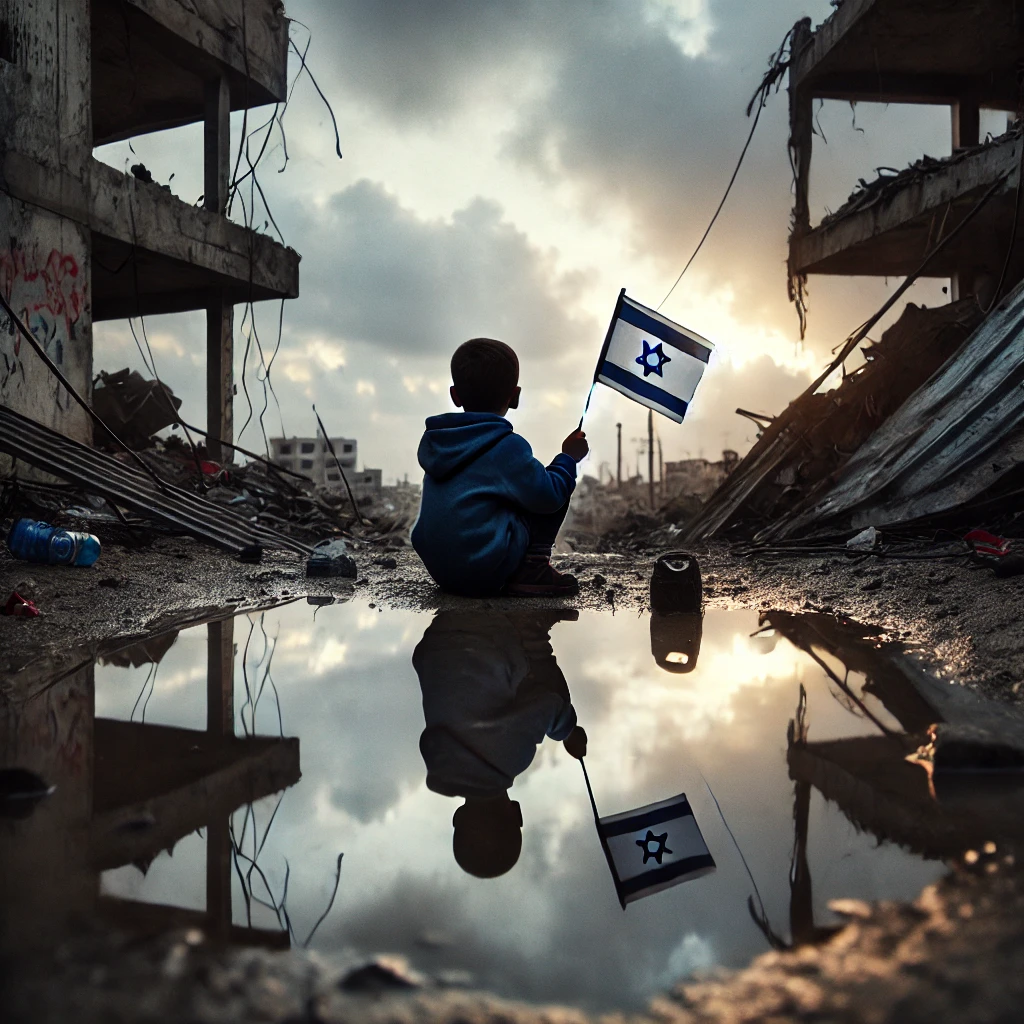The October 7 attacks by Hamas on Israel were not only marked by tragic loss of life but also by the capture of over 250 Israeli civilians who were taken hostage into Gaza. For the families of these hostages, the nightmare continues daily, as their loved ones remain in captivity under a brutal regime. These families have become a powerful voice, advocating for their release and urging the Israeli government to make their return a priority.
For Israel, this situation presents a deeply challenging dilemma. While Prime Minister Netanyahu’s government remains focused on military operations against Hamas, the families of the hostages argue that their loved ones’ safe return should be paramount. Some even accuse the government of neglecting the hostages’ plight in favor of broader military goals. For these families, bringing the hostages home transcends political boundaries, becoming a national and moral imperative.
The situation has polarized Israeli society, with some seeing negotiations for hostages as a sign of weakness, while others argue it is a humanitarian obligation. Critics claim that focusing too much on the hostages could embolden Hamas to demand more, while supporters believe that Israel, as a nation, must do everything in its power to protect its citizens. This tension underscores the complexity of wartime decisions, where military objectives and human lives are constantly weighed against each other.
The heart-wrenching reality is that both sides have valid points, but the decision of how to proceed ultimately rests with the government. However, the hostages’ families are ensuring that their voices are heard, reminding everyone that behind the statistics and strategic calculations are innocent lives—sons, daughters, parents, and friends—who deserve to be brought home.
